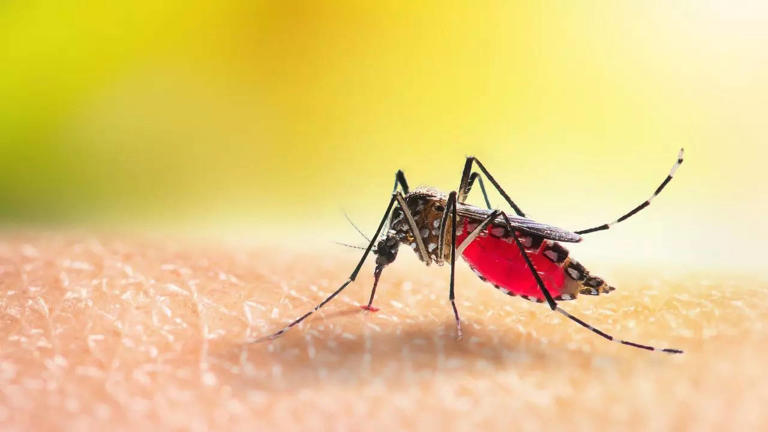
West Nile Virus Outbreak in Israel
West Nile Virus Outbreak in Israel: Current Situation and Essential Information
Current Situation
On Sunday, Israel’s Health Ministry reported that 21 people have been diagnosed with West Nile virus. Out of these, 17 have been hospitalized with neurological symptoms. Tragically, two patients died over the weekend at Rabin Medical Center. Additionally, three individuals are in critical condition and on ventilators.
The first diagnosed patient at Wolfson Hospital was a man in his sixties, initially in moderate condition.
Expert Insights
Prof. Yasmin Maor, Director of the Infectious Diseases Unit at Wolfson Medical Center, explained that West Nile fever is a longstanding disease prevalent in the Middle East since the early 20th century. It was first documented near the Nile in Uganda in the 1930s, which is how it got its name.
Understanding West Nile Fever
What is West Nile Fever?
West Nile fever is a viral infection caused by the West Nile virus, transmitted through the bite of infected mosquitoes, specifically those from the Culex genus. The first case in India was reported in May in the Alappuzha district.
Symptoms of West Nile Virus
- Common Symptoms:
- Abdominal pain
- Fever, headache, and sore throat
- Lack of appetite
- Muscle aches
- Nausea, vomiting, and diarrhea
- Rash
- Swollen lymph nodes
- Severe Symptoms (West Nile encephalitis or meningitis):
- Muscle weakness
- Stiff neck
- Weakness in one arm or leg
- Confusion
Symptoms typically last for 3 to 6 days but can persist for up to a month in some cases.
Who is at Risk?
- People over 60 years of age
- Individuals with weakened immune systems
- Those with underlying conditions such as cancer, diabetes, kidney problems, or who have undergone organ transplants
Preventive Measures
Personal Protection
- Mosquito Repellent: Apply mosquito repellent on exposed skin, especially during the monsoon season.
- Clothing: Wear long-sleeved shirts and long pants to minimize skin exposure.
- Timing: Avoid outdoor activities during dawn and dusk when mosquitoes are most active.
Environmental Controls
- Keep Doors and Windows Closed: Ensure doors and windows are shut to keep mosquitoes out. Stay indoors as much as possible.
By following these guidelines, you can reduce the risk of West Nile virus infection and protect yourself and your loved ones.



